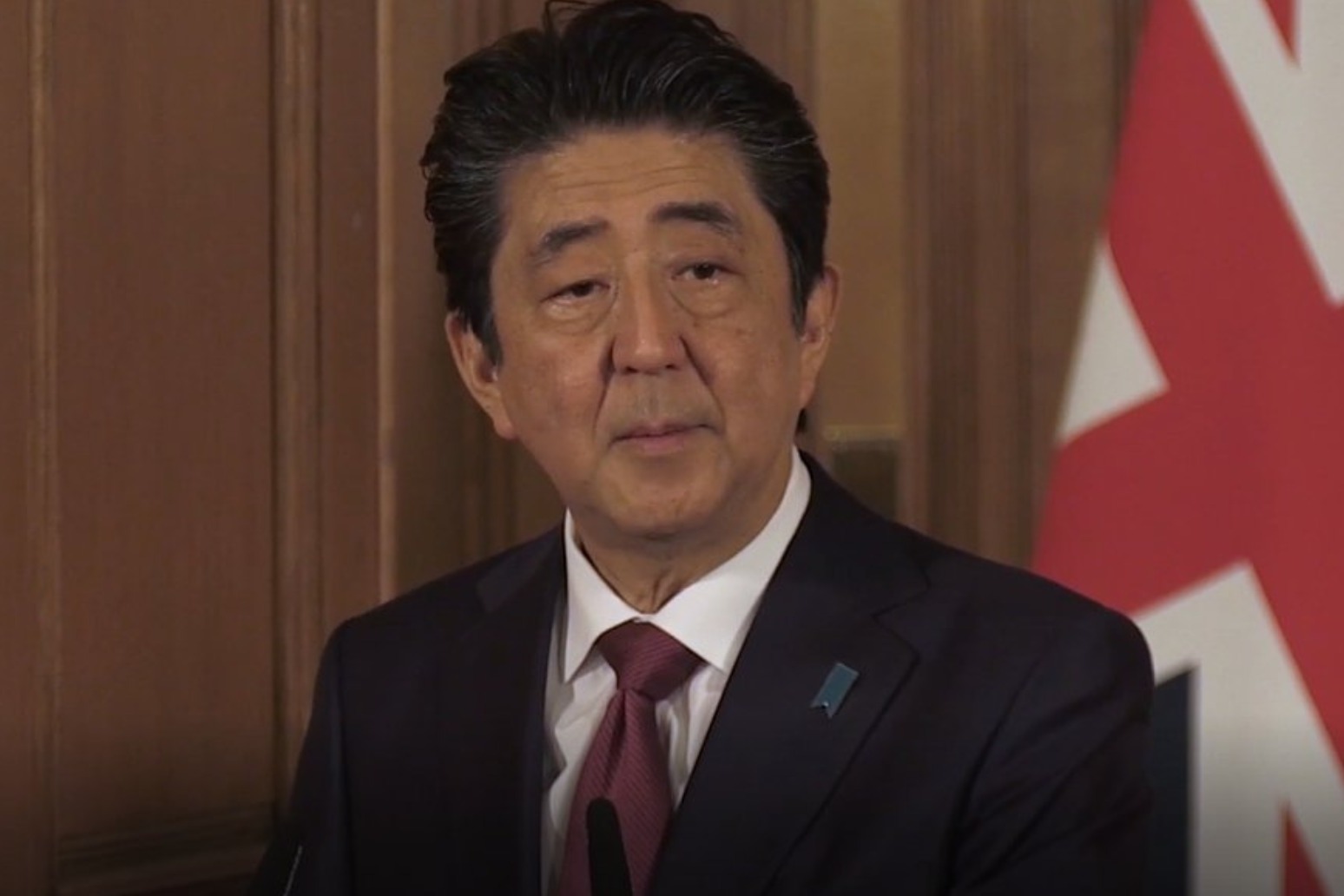
Japanese PM Shinzo Abe to resign amid health concerns – official
Japan’s prime minister Shinzo Abe is to step down due to declining health, according to a senior member of the ruling party.
In a country once known for its short-tenured premiers, his departure would mark the end of an unusual era of stability that saw him strike up strong ties with President Donald Trump even as Mr Abe’s ultra-nationalism riled the Koreas and China.
While he pulled Japan out of recession, the economy has been battered by the coronavirus pandemic, and he has failed to achieve his cherished goal to formally rewrite the US-drafted pacifist constitution because of poor public support.
Mr Abe is a political blue blood who was groomed to follow in the footsteps of his grandfather, former prime minister Nobusuke Kishi, and sought to make Japan a “normal” and “beautiful” nation with a stronger military and more focus on the non-political emperor.
Concerns about his chronic health issues, simmering since earlier this summer, intensified this month when he visited a Tokyo hospital two weeks in a row for unspecified health check-ups.
Mr Abe, whose term ends in September 2021, is expected to stay on until a new party leader is elected and formally approved by parliament.
He abruptly resigned from his first stint in office in 2007 due to his health, which has fuelled concerns about his recent condition.
On Monday he became Japan’s longest serving prime minister by consecutive days in office, eclipsing the record of Eisaku Sato, his great-uncle, who served 2,798 days from 1964 to 1972.
But Mr Abe’s second hospital visit on Monday has accelerated speculation and political manoeuvring towards a post-Abe regime.
He has acknowledged having ulcerative colitis since he was a teenager and has said the condition was controlled with treatment. He has not made clear if it is related to his recent health issues or hospital visits.
After his recent hospital visits were reported, senior officials from Mr Abe’s cabinet and the ruling party said he was overworked and badly needed rest.
His health concerns added to speculation that his days in office are numbered, when his support ratings are already at their lowest levels due to his handling of the coronavirus pandemic and its severe impact on the economy, on top of a slew of political scandals.
Shigeru Ishiba, a hawkish 63-year-old former defence minister and Mr Abe’s arch rival, is a favourite next leader in media surveys, although he is less popular within the ruling party.
Low-key former foreign minister Fumio Kishida, defence minister Taro Kono, chief cabinet secretary Yoshihide Suga, and economic revitalisation minister Yasutoshi Nishimura, who is in charge of coronavirus measures, are widely tipped in Japanese media as potential successors.
The end of his scandal-laden first stint as prime minister was the beginning of six years of annual leadership change, remembered as an era of “revolving door” politics that lacked stability and long-term policies.
When he returned to office in 2012, Mr Abe vowed to revitalise the nation and get its economy out of its deflationary doldrums with his “Abenomics” formula, which combines fiscal stimulus, monetary easing and structural reforms.
Published: by Radio NewsHub